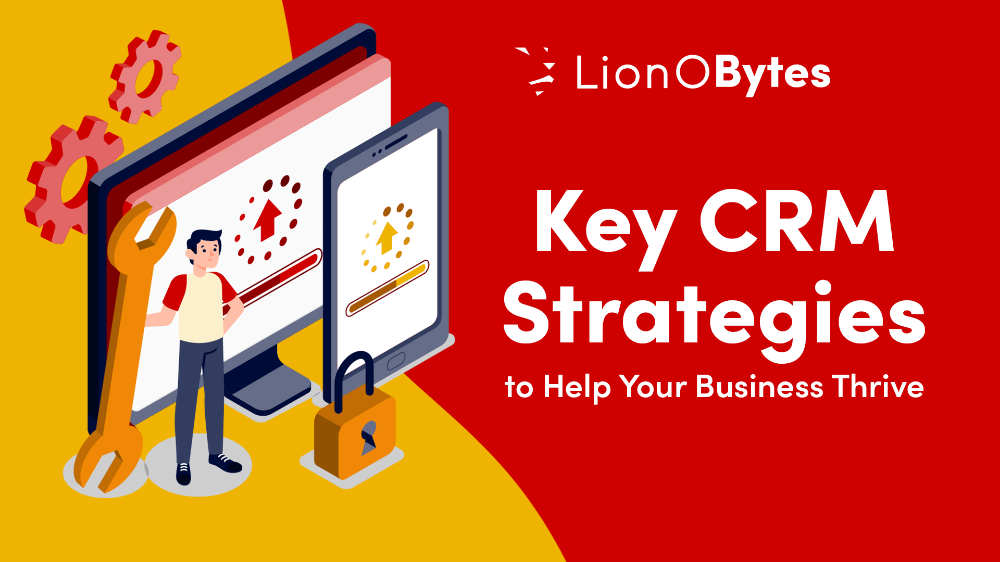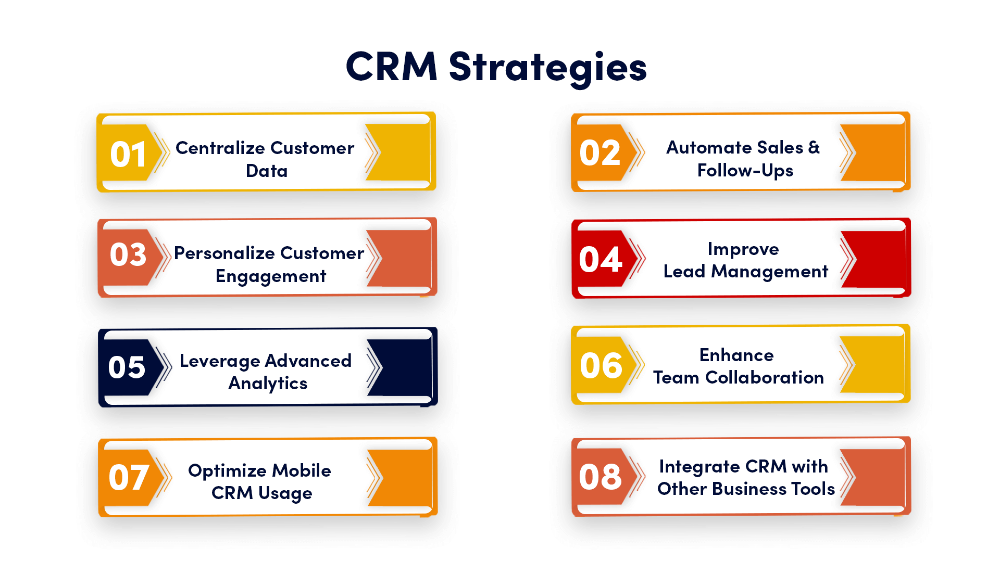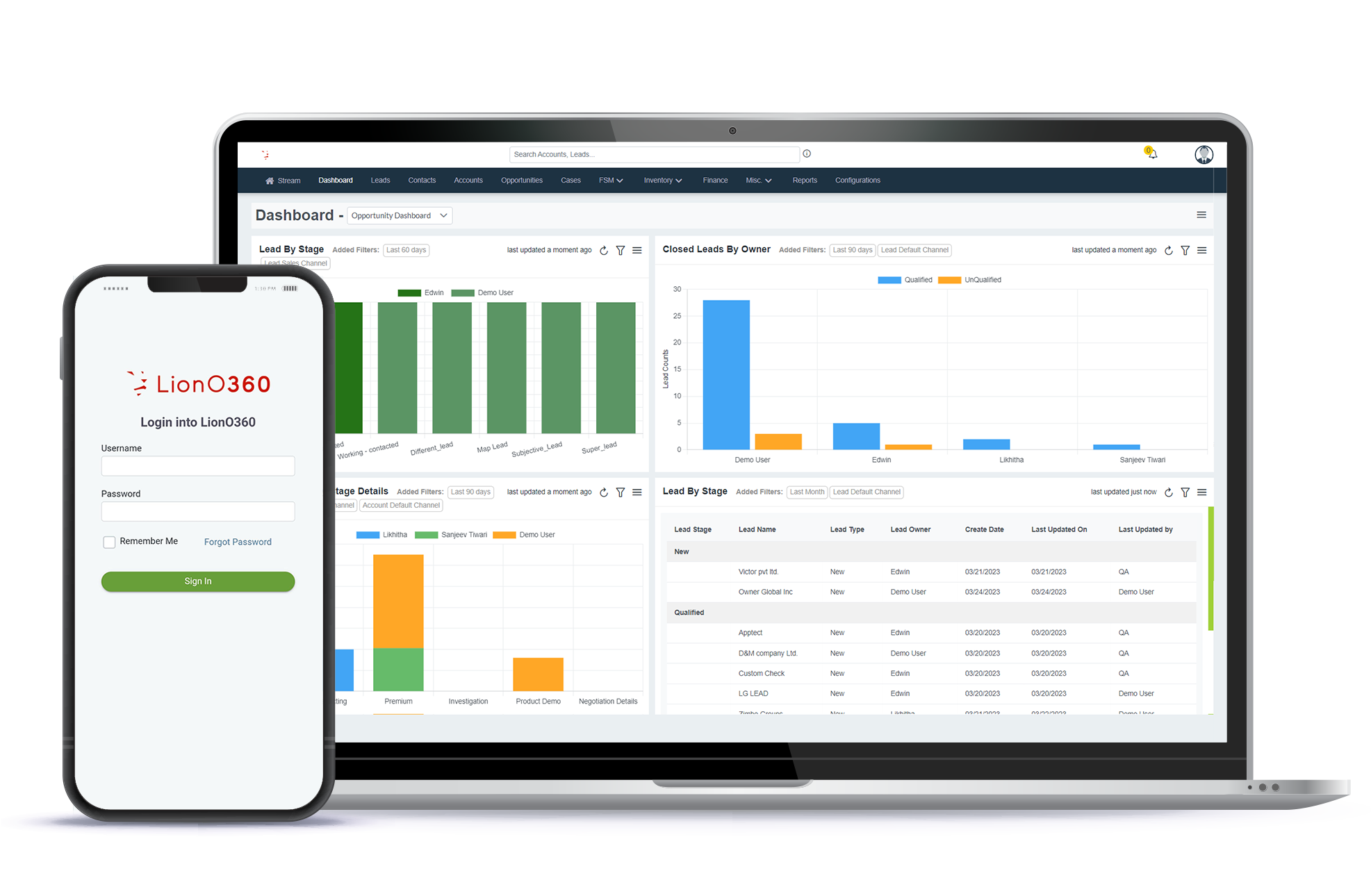
Customer Relationship Management (CRM) is an essential part of business growth and sustainability. A well-implemented CRM strategy can enhance customer relationships, improve retention, and increase sales. Whether you're a small business or a large enterprise, utilizing CRM effectively can give you a competitive edge. Below are key CRM strategies to help your business thrive.
1. Choose the Right CRM Software
Selecting the right CRM platform is the foundation of a successful CRM strategy. Consider factors such as usability, integration capabilities, scalability, and cost when choosing a CRM system. The right software should align with your business needs and support your customer relationship goals.
2. Centralized Customer Data
One of the primary benefits of a CRM system is the ability to store all customer information in one place. A centralized database allows your sales, marketing, and customer service teams to access updated and accurate customer data. This improves collaboration and ensures a seamless customer experience.
3. Automate Routine Tasks
CRM automation can save time and enhance productivity. Automating follow-up emails, data entry, and appointment scheduling helps reduce human error and ensures consistency in customer interactions. Automated workflows allow your team to focus on building stronger relationships rather than administrative tasks.
4. Personalize Customer Interactions
Personalization is key to fostering customer loyalty. Use CRM data to segment customers based on their behaviors, preferences, and purchase history. Tailor your communications, recommendations, and offers to meet the unique needs of different customer groups. A personalized approach increases engagement and satisfaction.
5. Improve Customer Support
A CRM system should enhance your customer service efforts by providing a comprehensive view of past interactions, inquiries, and resolutions. Implementing features like live chat, automated responses, and self-service portals can boost customer satisfaction and retention. Faster response times and efficient issue resolution build trust and credibility.
6. Use CRM Analytics for Decision-Making
Data-driven decision-making is crucial for business success. CRM analytics provide valuable insights into customer behavior, sales trends, and marketing effectiveness. Regularly analyze key performance metrics such as conversion rates, customer lifetime value, and churn rates. Use this data to refine your strategies and optimize customer engagement.

7. Integrate CRM with Other Business Tools
For a seamless workflow, integrate your CRM with other essential tools such as email marketing platforms, social media channels, and e-commerce systems. This integration enables a unified approach to customer management and ensures that all teams have access to up-to-date information.
8. Foster Team Collaboration
Encourage your sales, marketing, and customer service teams to work together by utilizing CRM collaboration features. Shared dashboards, communication tools, and task assignments ensure that every team member stays informed and aligned with customer relationship objectives.
9. Continuously Train Employees
CRM software is only effective if your employees know how to use it properly. Provide regular training and workshops to ensure that your team is well-versed in CRM features and best practices. Keeping your employees updated on new functionalities will enhance productivity and maximize CRM benefits.
10. Monitor and Optimize CRM Strategies
Your CRM strategy should be dynamic and adaptable. Regularly review performance metrics, customer feedback, and industry trends to identify areas for improvement. Make necessary adjustments to enhance customer experiences and achieve better results.
Why Top Businesses Rely on LionO360 CRM for Customer Success?
Building strong customer relationships is important for effective Customer Relationship Management (CRM) strategies and sales growth. LionO360 CRM offers a platform for businesses with an effective CRM solution to streamline CRM processes, automate sales efforts, and enhance customer engagement. Utilizing a comprehensive database of customer data enables businesses to personalize their interactions with customers and anticipate their needs through a 360° view of customer interactions. The sales automation components of LionO360 indicate that it can maintain and facilitate the customer cycle and provide an essential tool for sales teams to close deals. The lead and opportunity management systems in LionO360 ensure that leads and high-potential opportunities are properly accounted for and followed up on. With detailed analytics powered by data processing systems, businesses can review performance and provide data-driven feedback to evolve their CRM strategy.
Effortless integration with business applications supports seamless workflows, and with mobile CRM capabilities, teams can manage customer relationships from anywhere. LionO360 also enables companies to deliver personalized engagement through AI-enabled insights, enhancing customer satisfaction and retention. Its scalability means it is ideal for companies of all sizes. By leveraging LionO360, companies can execute effective CRM strategies that enhance efficiency, boost sales productivity, and develop lasting customer relationships. It doesn't matter whether you are a startup or a large enterprise; LionO360 CRM will provide you with the tools to manage customers effectively and accelerate your business growth. Go for a free CRM demo and experience the difference!
Frequently Asked Questions
1. What is Customer Relationship Management (CRM) and why is it important for my business?
Customer Relationship Management (CRM) is a strategy for managing a company’s interactions with current and potential customers. It uses data analysis about customers’ history with a company to improve business relationships, enhance customer retention, and boost sales. A well-implemented CRM strategy helps businesses streamline processes, improve customer satisfaction, and gain a competitive edge in the market.
2. How do I choose the right CRM software for my business?
When selecting a CRM platform, consider factors such as usability, integration capabilities, scalability, and cost. Assess how well the software aligns with your business needs and supports your customer relationship goals. It’s also beneficial to explore user reviews and conduct trials to ensure the software meets your expectations before committing.
3. What are the benefits of centralizing customer data in a CRM system?
Centralizing customer data in a CRM system allows all team members from sales, marketing, and customer service to access updated and accurate customer information in one place. This improves collaboration, enhances communication, and ensures a seamless customer experience, as all teams can work with the same data.
4. How can I personalize customer interactions using CRM?
You can personalize customer interactions by using CRM data to segment your customer base according to their behaviors, preferences, and purchase history. Tailor your communications, recommendations, and offers to suit the unique needs of different customer segments. This personalized approach increases customer engagement, satisfaction, and loyalty.
5. Why is it important to continuously train employees in CRM software?
Continuous training is crucial because CRM software is only effective if employees know how to use it properly. Regular training sessions and workshops ensure that your team is familiar with CRM features and best practices. Keeping employees updated on new functionalities enhances productivity and helps maximize the benefits of the CRM system for your business.













